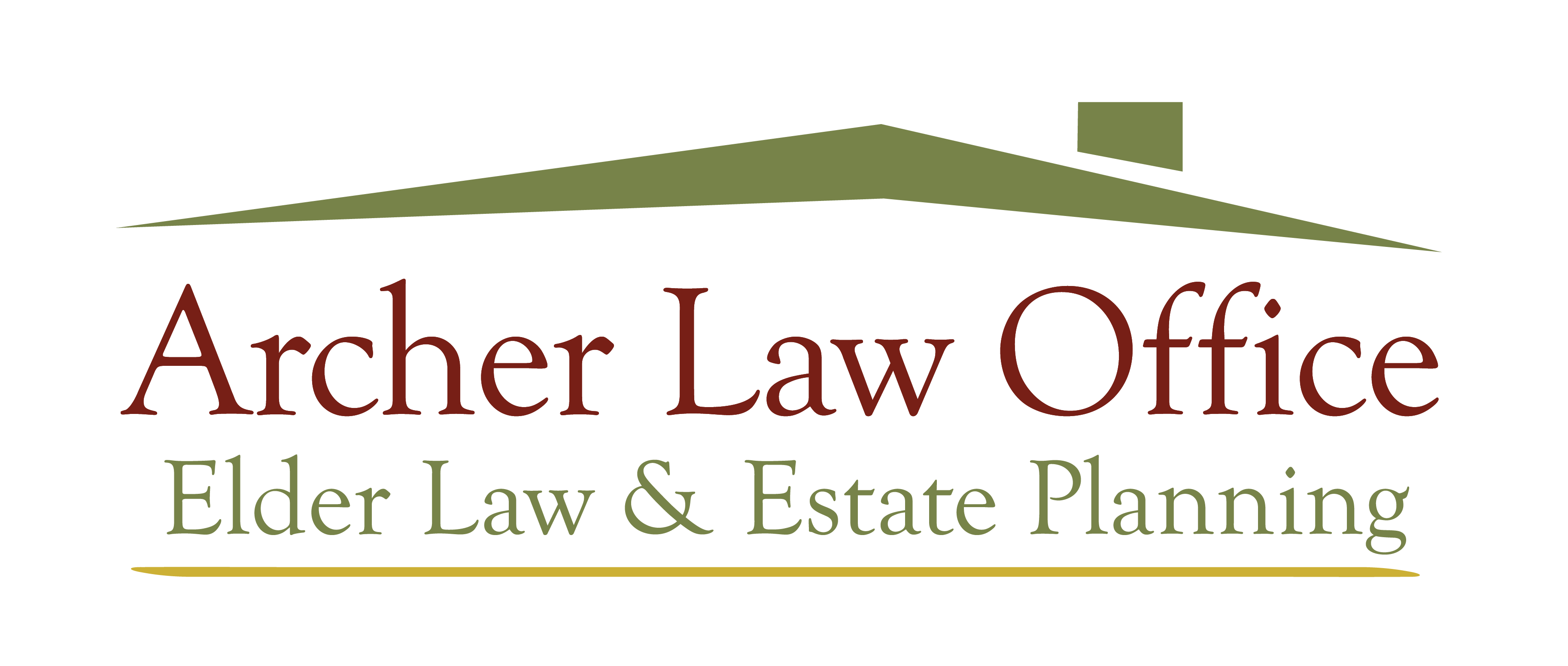Planning Ahead With an Irrevocable Trust
An irrevocable trust is a form of asset protection often used in planning in the event of illness that might require long term care down the line. The ultimate aim is to prohibit the erosion of the estate and secure whatever inheritance he or she wishes to leave behind for loved ones. With an irrevocable trust, the latter can be done without proving the validity of a will. A properly drafted irrevocable trust will minimize loss of control while maximizing future eligibility for Medicaid. The most important thing is that funds placed into trust will not be under the complete control of the grantor, and that it is imperative to consider the five-year lookback for Medicaid when deciding whether the time is right to institute a trust.
An irrevocable trust is not a last minute decision...
and requires great advance planning. An emotionally and financially prepared elder, who has a support system of loved and trusted family members to act as fiduciaries, will be ideally suited for this planning technique. That preparedness is necessary because the decision to place one’s finances into a trust involves relinquishing control and allowing another to guard the assets, even if that person is a loved one. The grantor of the trust may or may not even remain in control of the remainder of his or her income. The placing of assets in an irrevocable trust is subject to the “five-year lookback,” and a Medicaid application in New Jersey or any other state within that five-year period will incur a period of ineligibility.
As previously stated, estate planning does not follow any “one size fits all” format. Elder law attorneys helping with Medicaid asset preservation or estate planning techniques will need to determine your objectives, risk tolerance, and support systems. Expect to answer an array of questions. You will be discussing the eventual application for Medicaid. The bulk of any remaining questions will pertain to control over assets after they are placed in the trust. Will you still want to retain income from the assets? Are there tax advantages to placing certain assets in a trust rather than others? What impact will this have on your intended heirs? Once you and your attorney sketch out the full purpose and utility of the irrevocable trust planning in your case, it will be important to list and analyze your assets, and determine what amount will be placed into or subjected to the Trust.
Ideally, when all is said and done, your family will have something that can bring a great deal of peace of mind: a timeline and a plan, which simply needs to be executed over the course of the following years. Granted, life will always have its surprises. That is why it is important to remember that estate planning is also estate protection. Trading control for security can be a scary thing, and the job of trusted advisors is to make sure that little surprises don't cause big changes in your plans and future. Expert guidance from those trained to anticipate the eventualities of elder care goes a long way in the face of these challenges.
Archer Law Office Can Help
For More Information Contact this office (609) 842-9200
